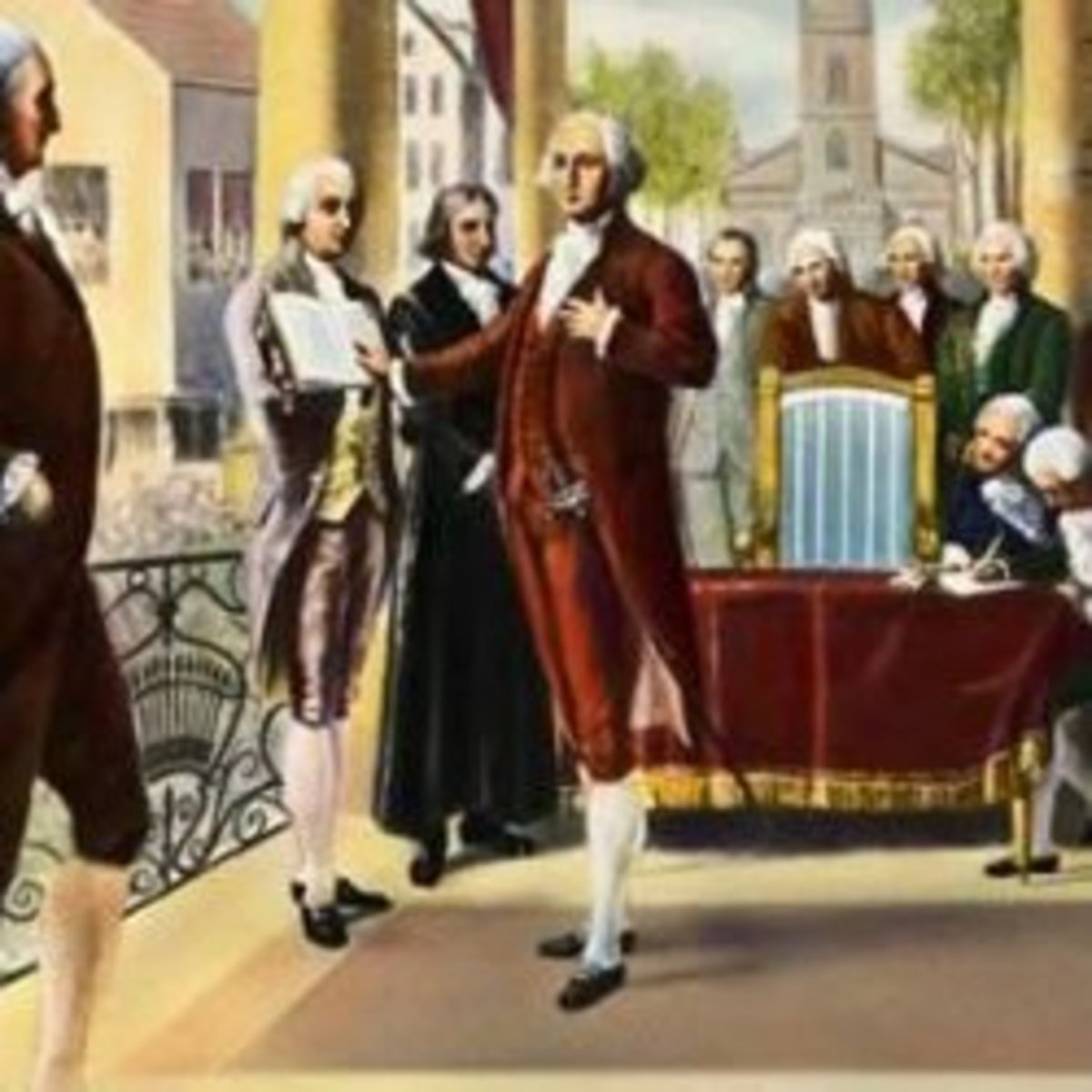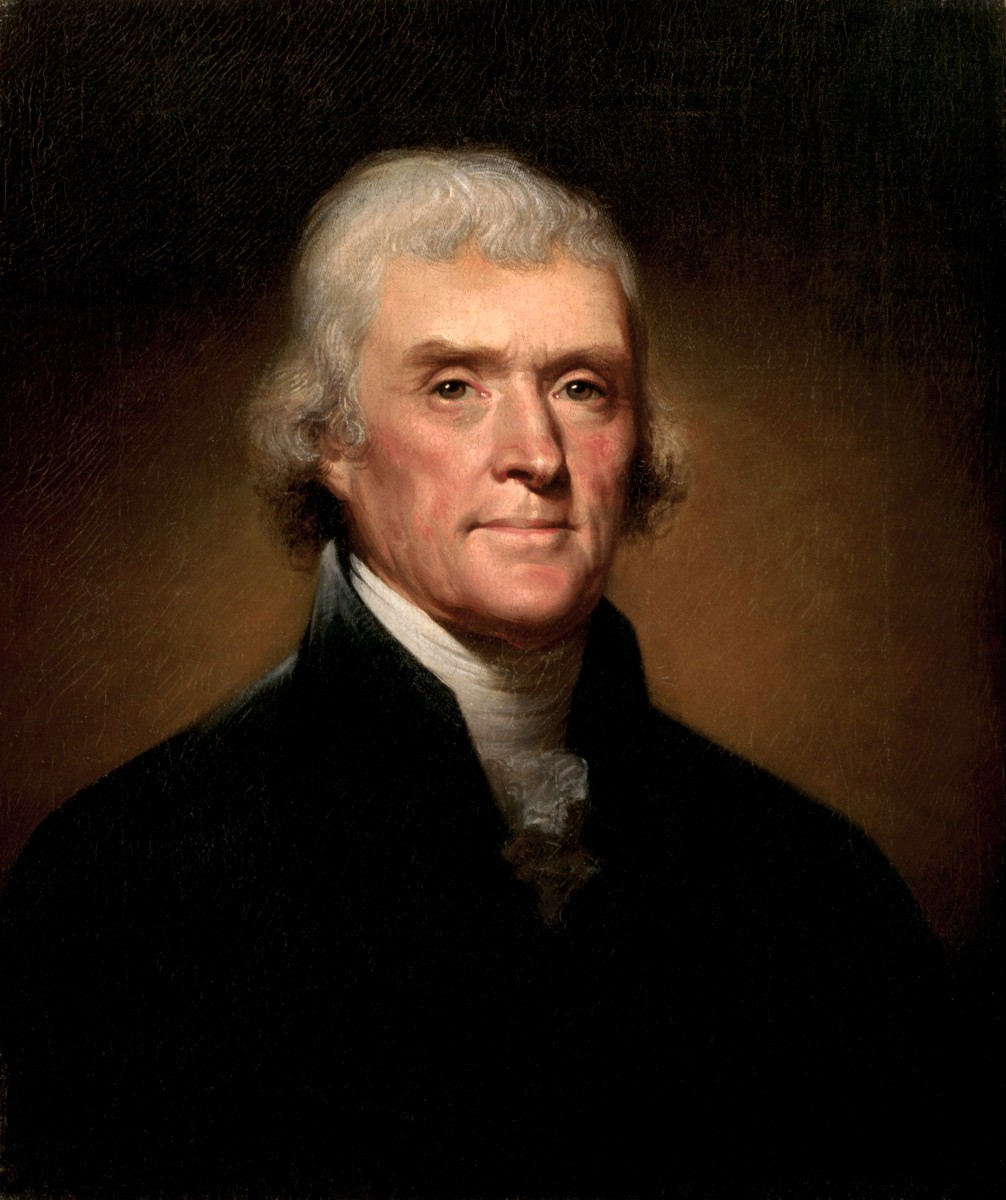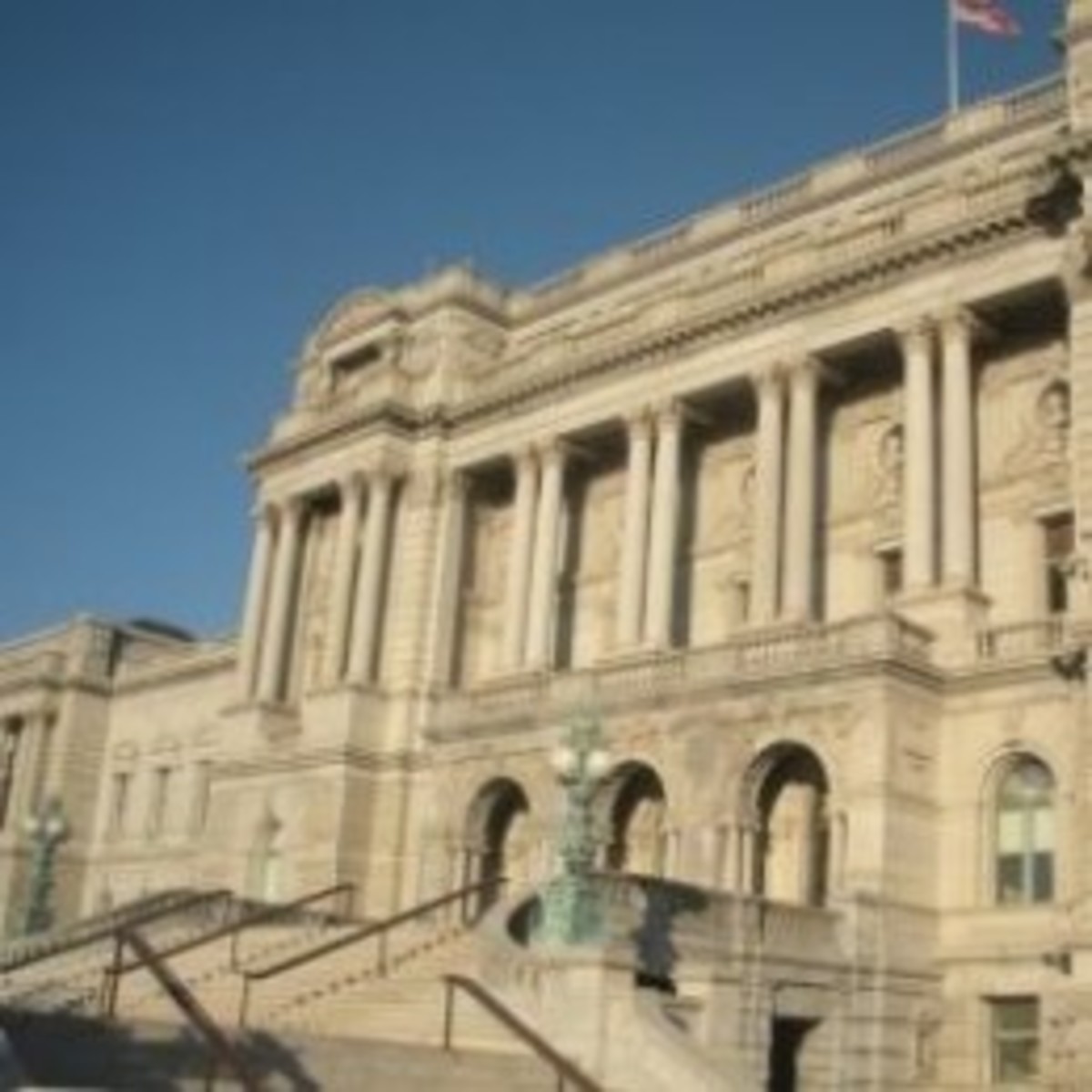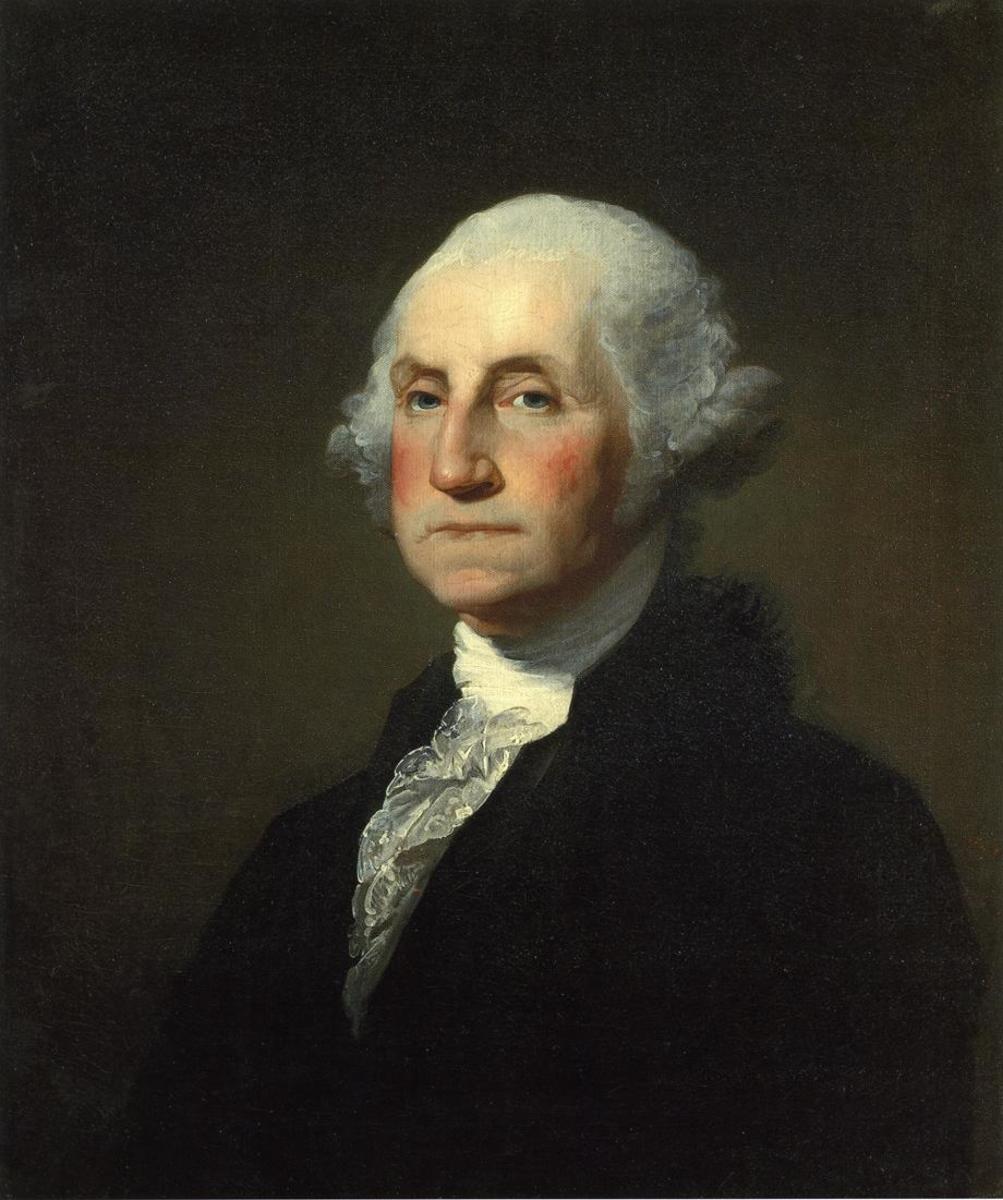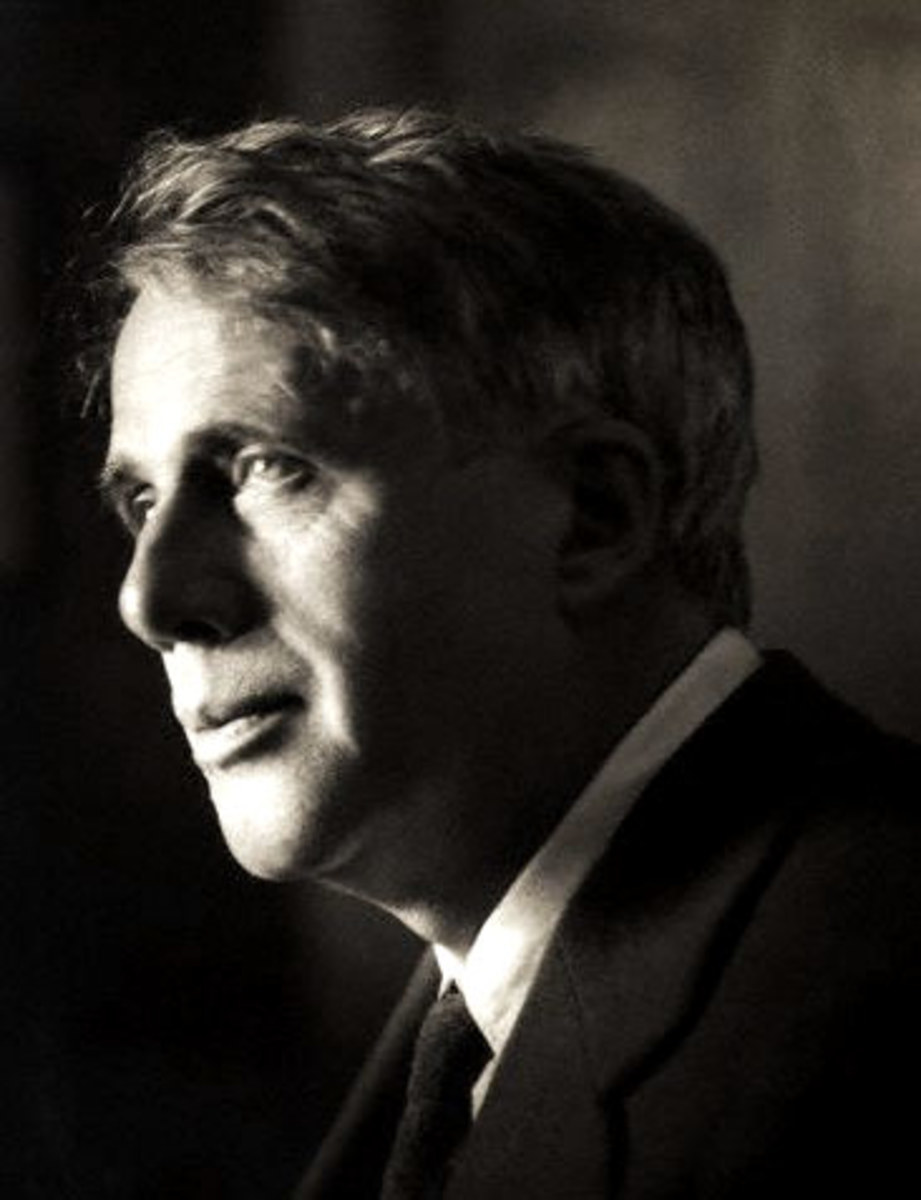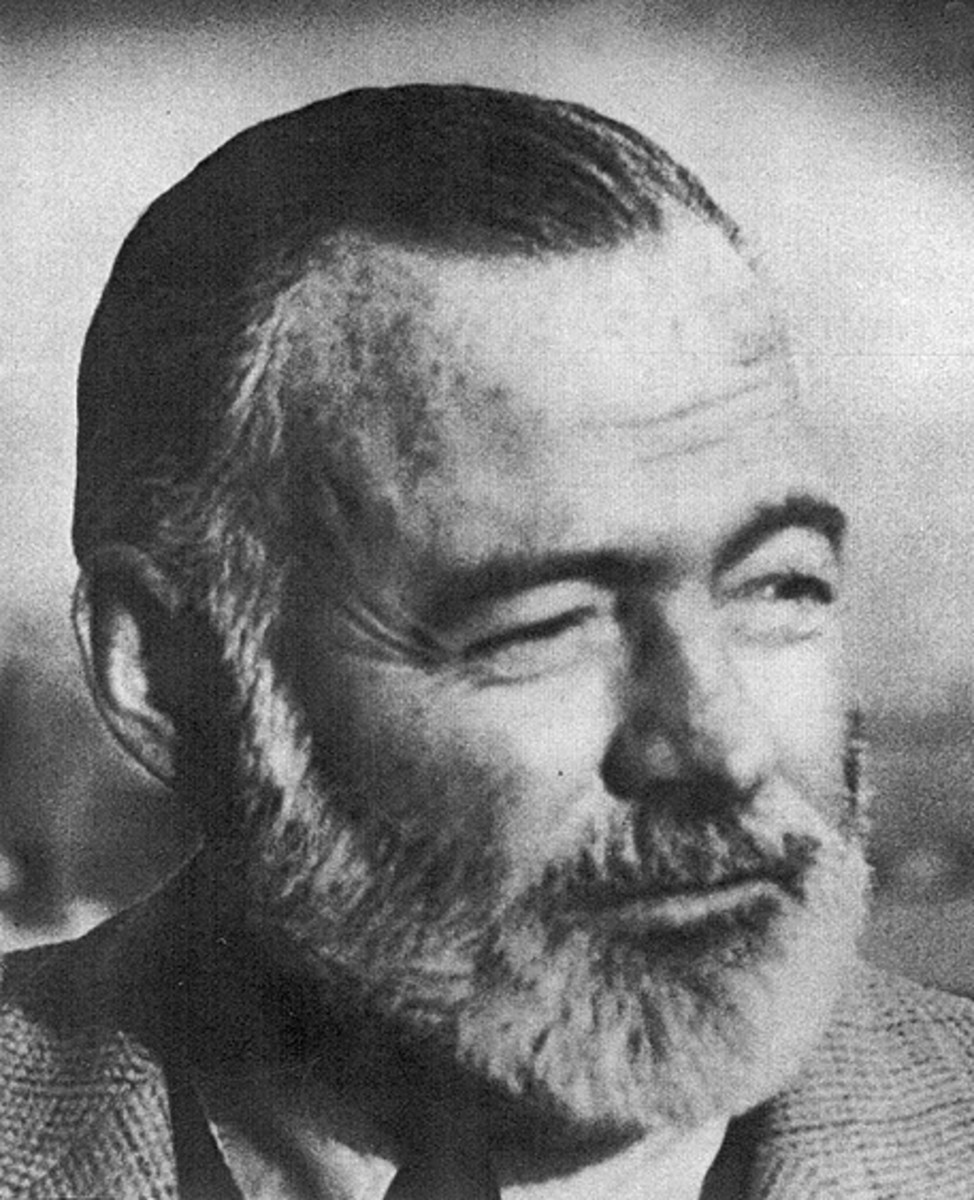- HubPages»
- Books, Literature, and Writing»
- Literature»
- American Literature
Jon Meacham’s Thomas Jefferson: The Art of Power: A Book Review
Jon Meacham’s Thomas Jefferson: The Art of Power
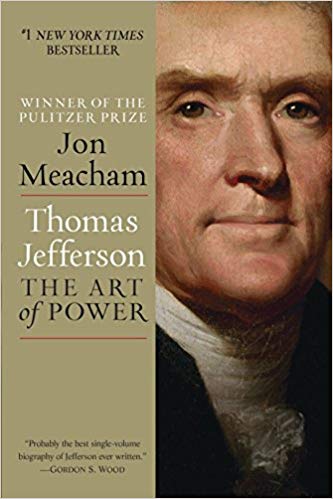
Jon Meacham’s Thomas Jefferson: The Art of Power: A Book Review
Winning the Pulitzer Prize, Jon Meacham gives us his book “Thomas Jefferson: The Art of Power” which is all about the third president who defended the common man against the establishment of the American monarchy (McIntyre, 2013). He was seen to be an icon of patriot-statesman.
About the Author
Jon Meacham is the author of Thomas Jefferson: The Art of Power which was named one of the best books of the year by The New York Times Book Review, The Washington Post, Entertainment Weekly, St. Louis Post-Dispatch, Bloomberg BusinessWeek and The Seattle Times and he received the Pulitzer Prize for American Lion which featured the biography of Andrew Jackson (jonmeacham.com, 2014).Given this, it is of no surprise that his book about Thomas Jefferson would be a hit since he has fairly established himself in the writing industry.
The Book Thomas Jefferson: The Art of Power
The book is about Thomas Jefferson, the third president of the United States. He is more than a mere renaissance man given all his capabilities. He is said to be fluent in five languages and can read two others. He was also connected to influential people in American and Europe as well. He was known to be a lawyer, agronomist, scientist, musician, philosopher, architect, inventor and statesmen who was said to be the foremost American son of the Enlightenment (ushistory.org, 2014).
Jefferson is the father of the Louisiana Purchase, Lewis and Clark expedition and individual liberty where he noted the genius of humanity depended on the progress of discovering the things that are not yet discovered (goodreads.com, 2014). He is known for his political prowess and his passion for service and leadership.
However, nobody would be left flawless. He has gained his own setbacks in life as well. He died with debts of $107,000, which is roughly $2 million today (Abramson, 2012). It seems ironic that he wanted to build up his own country but failed to settle his own credit. It should also be considered that he also inherited a few of it from his father-in-law. His stance on slavery was of a great issue as well since he was seen to present contradictory stances regarding it. It has been basically known that Jefferson has slaves as his valuable possessions, but he believed that emancipation would result to a race war that he, including Lincoln, has considered expatriation as the only feasible solution to the slavery problem (Abramson, 2012).
With that, the author Jon Meacham found the intense desire to write about this noble personality in American history attaching with his name the concept of power. Power is one of the politically and economically strong words that many leaders would want to possess. Several books have been written about it since it has been a key to success which can either build up a person to a nation or destroy it completely if not handled properly.
The information presented in this book was taken from the archives of United States, England and France and from the unpublished presidential papers of Jefferson (randomhouse.com, 2014). These reference materials can assure objectivity since they are mainly recording of the past. The only trail of bias that may arise is that from the author. Anyway, the mere fact that the author opted to take Jefferson dictates bias already. Nevertheless, the author’s presentation of the third president was well-done and organized and he basically used quotes from the president himself as he used the president’s unpublished papers as how it was presented in the statements.
The book has featured one of the historically acclaimed personalities in the history of America by presenting to the world his views and perceptions. This book presents the entire life of Jefferson with the claimed less color or drama with revealing details about Jefferson’s life details giving life to the book and to Jefferson himself (Abramson, 2012). One other strength is that the author was said to have really spent time in Virginia as he did his groundwork in writing this book for Jefferson. It can be said that Meacham did not just based his book on archives but went to immerse himself in Virginia as well (goodread.com n.p.).
It was fairly recognized that there is this skepticism about Jefferson’s character and his stance on slavery. Through the author, he presents the benefit of the doubt on the book as he shows the character of Jefferson (barnesandnobles.com, 2014). The author resolves the contradictions thrown to Jefferson because of his thirst for power and love for progress that he tried presenting the two-sides of this philosopher-politician in an objective manner (randomhouse.com, 2014).
What Critics Say about the Book
Of course, this book would also have its downsides since no book can ever be considered as perfect. To start with, although there are a few accounts on his failures, most of the time, the book would more likely be narrating only the good sides of the featured personality. In this case, tinges of biases could be traced.
It has also been said that the book appears to be a pastiche of quotations that it was merely interwoven chronologically with the author’s talk-show-level commentary (Wiencek, 2014). It was also asserted that the biographers had the tendency to become little Jeffersons thinking like how he thinks although the author claims that the book is neutral. As a reader, one would trace the level of neutrality of one book.
It is also evident that Meacham presents the world as to how Jefferson chose to perceive it giving a biased and misinformed lens on the founding years of the republic since the author was Jefferson-centric who found his perceptions always fascinating which are not accurate in reality (McIntyre, 2013). In consonance to the previous statement, it can be posited that the book narrated the story based on the point of view of Jefferson which fails to correct several misconceptions that Jefferson himself never corrected. This windows a wrong perception that the author failed to correct since, like what was stipulated, he used the lens of Jefferson himself. Hence, his wrong notions about life and politics as well as the glaring misconceptions about politics and life were passed down to the readers as is. Although we may consider that readers could be critical, however, not all could be like that. If a naive reader gets to stumble across the misconception, he would do away with that. Aside from this, one also wished that the author could have provided more concrete details of his highest political achievements (Abramson, 2012).
My Two-Cent Opinion about the Book
The book has a solid presentation of evidence from archives as well as from immersion. It has presented the sides of Jefferson only that it used his lenses to tell the story which could have rendered an uncorrected misconception about matters. Although no biography can never exist even without a drop of bias, it can be asserted that this was given in a story manner that the bias is left unnoticeable. The book’s chapters were also presented in an organized manner. The division of the book and its order were done in a logical manner. Aside from this, the book also presented the story in a light manner.
I chose this book since there is the element of power in the title. Aside from that, the idea that the author won a Pulitzer Prize has given me the impression that the book may be equally good as well. I saw the good reviews of the book as many publishers and book reviewers have acknowledge the goodness and art in the making of the book. Aside from this, I have not explored Thomas Jefferson that much that it posted a great question to me as to whom is this political figure that the author has gained a lot of positive feedback. As I have read the book through, I found it a little challenging since the text is quite long containing 800 pages. The layout and the graphics as well as the cover were attractive enough that it motivated me to read the book. It was heavily laden with political and historical accounts, but the author managed to present it in a story-like flow. I am neither disappointed nor heavily impressed with the book. It may just have been too long and heavy with details. The possibility that his life was sensationalized was also a thought in my mind.
Nevertheless, with the reading I did, I can recommend the book to those who would like to learn more about the political personalities and their lives. From the account of their lives, the reader could draw techniques related to power and leadership. It is of no question that this book is indeed a masterpiece to start with.
From the inspiring life of Thomas Jefferson may arise a reader who can become the next Jefferson of his own country. I may not totally agree with all of the point presented in the book, but I am quite certain that Meacham did a very good work in making the book and it is of no question that Thomas Jefferson’s life is worth writing about since it is indeed rich.
With that, I can fully recommend the book to readers challenging them to be critical on the perspectives presented by the author as he narrates the story of Jefferson’s life. The book is well-done with minor setbacks giving Thomas Jefferson the chance to be known by people in a clearer way given some controversies that he had in the past.
References
Abramson, Jill. (2012). "Grand Bargainer." The New York Times. The New York Times, Web. 8 Dec. 2014. <http://www.nytimes.com/2012/11/11/books/review/thomas-jefferson-the-art-of-power-by-jon-meacham.html?pagewanted=all>.
"Jon Meacham." (8 Dec. 2014). Jon Meacham RSS. Web. Retrieved from <http://www.jonmeacham.com/>.
"Jon Meacham » Thomas Jefferson: The Art of Power." (1 Jan. 2012). Jon Meacham RSS. Web. 8 Dec. 2014. <http://www.jonmeacham.com/books/thomas-jefferson-the-art-of-power/>.
McIntyre, Doug. (2013). "Book Review: ‘Thomas Jefferson: The Art of Power’." Book Review: ‘Thomas Jefferson: The Art of Power’. Web. 8 Dec. 2014. <http://www.dailynews.com/lifestyle/20131230/book-review-thomas-jefferson-the-art-of-power>.
"Thomas Jefferson: The Art of Power by Jon Meacham." Randomhouse.com. Web. 8 Dec. 2014. <http://www.randomhouse.com/book/209959/thomas-jefferson-the-art-of-power-by-jon-meacham>.
"Thomas Jefferson." Ushistory.org. Independence Hall Association. Web. 8 Dec. 2014. <http://www.ushistory.org/declaration/signers/jefferson.htm>.
"Thomas Jefferson: The Art of Power Paperback – October 29, 2013." Amazon.com: Thomas Jefferson: The Art of Power (9780812979480): Jon Meacham: Books. Web. 8 Dec. 2014. <http://www.amazon.com/Thomas-Jefferson-The-Art-Power/dp/0812979486>.
"Thomas Jefferson." Goodreads. Web. 8 Dec. 2014. <https://www.goodreads.com/book/show/13533740-thomas-jefferson>.
"Thomas Jefferson: The Art of Power." Barnes & Noble. Web. 8 Dec. 2014. <http://www.barnesandnoble.com/w/thomas-jefferson-jon-meacham/1110914279?ean=9780812979480>.
Wiencek, Henry. (2014). "The Storyteller-Thomas Jefferson's Political Calculations." New Republic. Web. 8 Dec. 2014. <http://www.newrepublic.com/book/review/thomas-jefferson-jon-meacham-american-revolution-henry-wiencek>.


